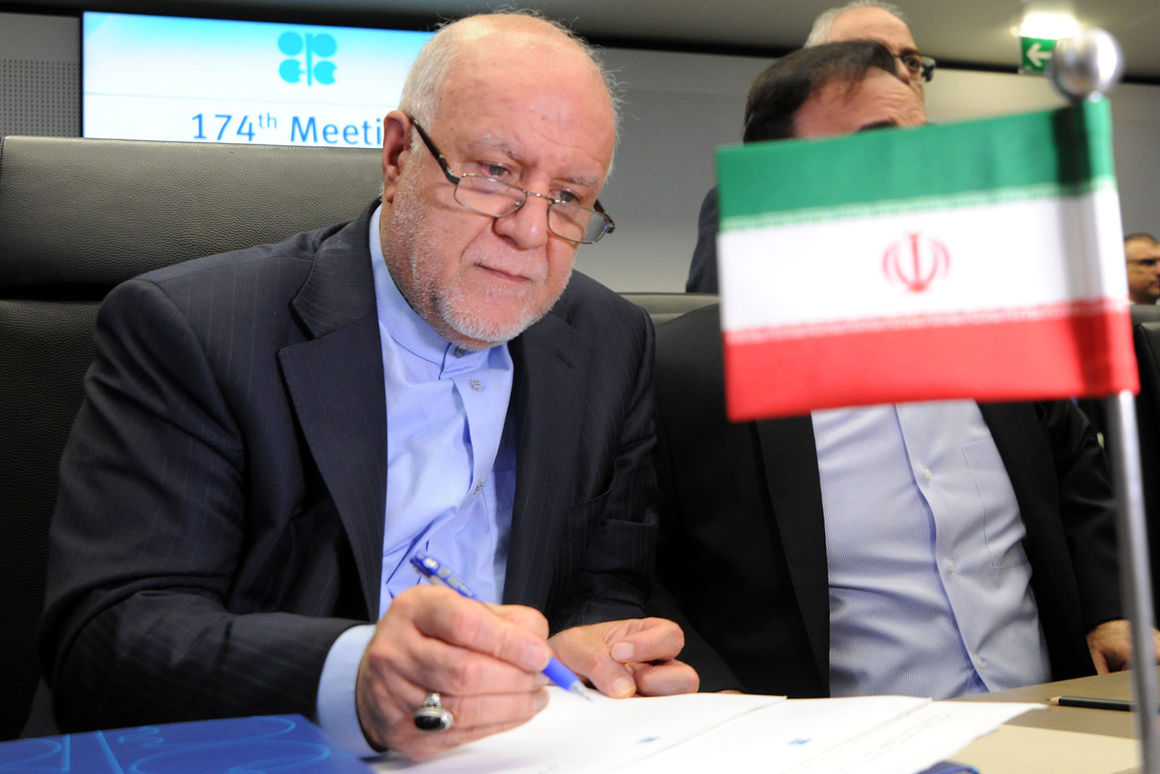Question 1: What is your country’s historical connection to OPEC and how has it influenced your country’s development?
Answer: Nationalization of the oil industry in IR Iran by Dr Mossadeq's administration is an important milestone in the history of our country’s oil industry. Although this important historical development was influenced by the 1953 coup, the idea of countering the dominance of oil companies and efforts made to achieve the independence of the oil industry were the basis for cooperation among five major oil producing countries to counter the dominance of the seven sisters (international oil companies). This finally led to the founding of OPEC. Due to the establishment of OPEC in 1960 and Iran’s presence as one of the Founder Members of the Organization, the nationalization trend in Iran's oil industry was revived and OPEC Member Countries (MCs) were inspired by Iran's oil industry movement. This further influenced the reflection of and approach to nationalization of their countries’ oil industries.
Question 2: What do you consider to be OPEC’s most significant milestones?
The formation and establishment of OPEC, aimed at securing Member Countries’ interests and their oil industry is the most important milestone in the history of the Organization. According to Article 2 of the OPEC Statute, the principal aim of the Organization shall be the coordination and unification of the petroleum policies of Member Countries and the determination of the best means for safeguarding their interests, individually and collectively. In general, the philosophy behind the establishment of the OPEC is support to its members and maintaining market stability. The most important OPEC milestone is thus the common understanding achieved by Member Countries of oil market developments and the necessity of taking required measures to materialize the objectives stipulated in the OPEC Statute. The importance of this common understanding is such that OPEC Member Countries, despite intense political discrepancies among themselves at some points in time, have always gathered together to achieve the common goal of market stability and maximizing their interests, and finally have reached consensus on every single issue.
Question 3: What impact has the Declaration of Cooperation and Charter of Cooperation process had on OPEC as an international organization?
The Declaration of Cooperation (DoC) was an outcome of the joint OPEC and non-OPEC producing countries’ Ministerial Meeting held on 10 December 2016, and it is based on the fundamental principles of cooperation, stability and sustainability. It has established exemplary relations between OPEC and non-OPEC oil-producing countries to support and maintain sustainable stability in the global oil market. OPEC is the main driver of this cooperation among 23 oil producing countries to materialize their common goals. OPEC MCs, while stressing the necessity of preserving the unity and independence of the Organization, have provided the necessary basis for expanding cooperation with non-OPEC producers within the framework of the DoC. Despite collective efforts made to establish stability in the global oil market, OPEC has faced attacks and accusations by some major consumers at various historical junctures. For example, OPEC has surprisingly been accused of being a cartel whenever a price hike has occurred, and when prices dropped, OPEC has been accused of dumping oil to affect prices. In this regard, the principles of international law do not provide any support and/or protection to OPEC or its Members, and most OPEC MCs have no means other than oil to secure their national wealth and their countries’ development.
Question 4: What is the significance of OPEC's going forward?
The most important significance of OPEC in the future will be to further promote cooperation and coordination within OPEC and without. Glancing at OPEC’s brilliant 60-year history, one may notice that greater cohesion within OPEC and without has always lead to greater global oil market stability. Any attempt to resolve the current security issues in the Middle East will help further stabilize the oil market and be beneficial to oil producers and consumers alike.
Question 5: Please provide us with some colorful insights on your experiences with OPEC?
An important challenge in the recent history of OPEC has been the rising strength of financial markets in setting oil prices and controlling the oil market through speculative activities. Additionally, using oil as a political tool to pressure and sanction oil-producing countries must be theoretically and practically opposed and denounced by OPEC and all its Member Countries.
Source: OPEC.org


Your Comment